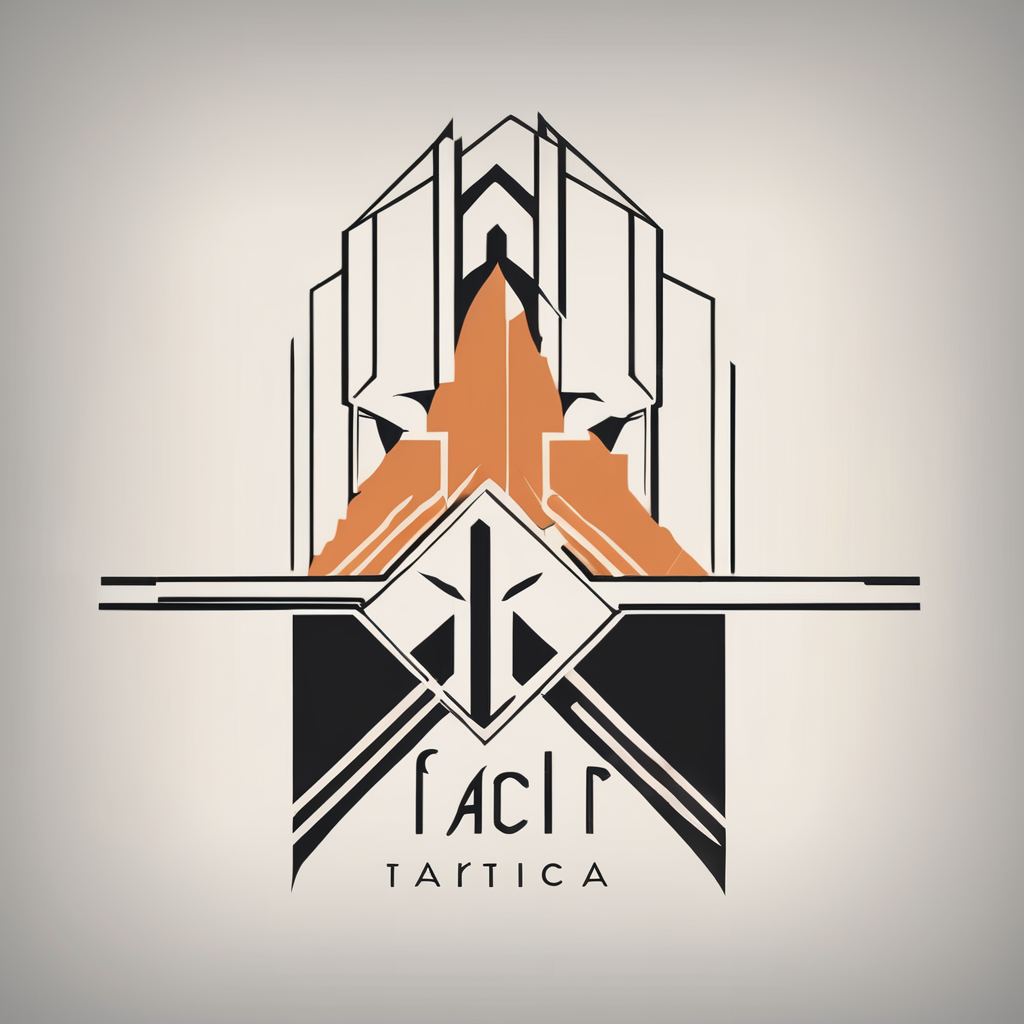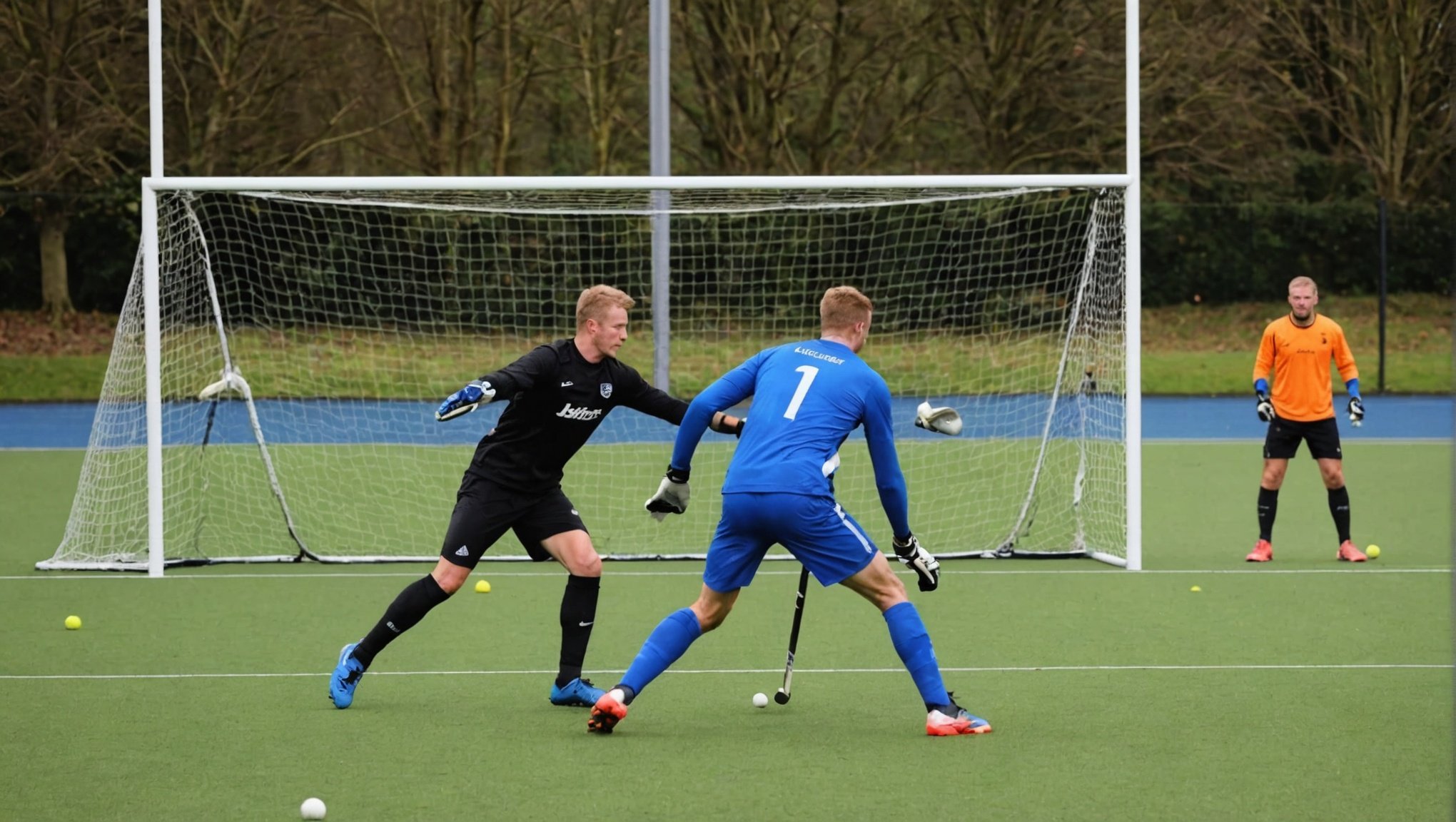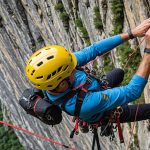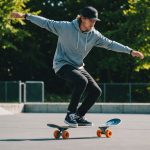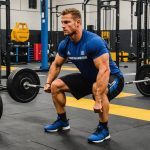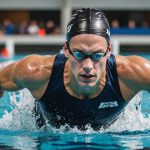Importance of Reaction Times in Hockey Goalkeeping
Quick reaction times are paramount for any goalkeeper in hockey, acting as a critical determinant in both game outcomes and individual performance enhancement. In such a fast-paced sport, goalkeepers must anticipate and react to puck movements and player actions with incredible precision.
Essential Skills for Goalies
Goalkeepers must possess a combination of reflexes, agility, and strategic positioning. These skills are foundational, yet reaction times stand out as particularly crucial. The difference between a save and a goal often hinges on split-second decisions and movements. Developing this skill is integral to a goalie’s success.
Also to see : Mastering Risk Management: A Guide for UK Sport Climbing Instructors to Safely Educate Climbers
Impact on Game Outcomes
A goalie’s ability to react swiftly can alter the course of a game. Faster reaction times allow for more successful defence against shots on goal, minimizing scoring opportunities for the opposition and boosting the team’s overall performance. Enhanced reaction times equate to keeping more pucks out of the net.
Challenges in the UK
In the UK, hockey goalkeepers face unique challenges regarding reaction training. Factors such as limited access to specialized facilities or training resources can impede a goalie’s ability to fine-tune their reflexes. Nonetheless, innovative training strategies are being developed to overcome these hurdles, focusing on simulating real-game situations to improve response speed.
Also read : Enhancing Match Decisions: The Role of Video Replay for UK Fencing Coaches
Specialized Drills for Improving Reaction Times
Improving reaction times is crucial in sports performance, especially for goalkeepers and other positions requiring sharp responses. To enhance these skills, incorporating specialized drills can be transformative.
Coordination Drills
One effective method for boosting foot speed is through agility ladder drills. These exercises help athletes develop quick footwork necessary for rapid direction changes. Utilizing an agility ladder, players execute various patterns, honing their speed and coordination.
In addition, reaction balls are excellent for developing hand-eye coordination. The irregular bounce of these balls requires athletes to anticipate and react swiftly, thus mimicking unexpected game scenarios.
Trigger Drills
For goalkeepers, trigger drills like goalie post drills are invaluable. These drills simulate real-game situations, where goalies learn to react to ball positioning around the posts.
Incorporating rapid-fire shots into training sessions also improves immediate defensive responses, crucial for high-pressure moments during a match.
Video Reaction Drills
Video analysis plays a key role in refining decision-making skills. By reviewing game footage, players can assess their responses under pressure and identify areas for improvement.
Incorporating drills that include visual feedback from game situations allows athletes to make informed adjustments, enhancing their overall performance in real-time gameplay.
Advanced Techniques to Boost Performance
To excel in any sport, mastering advanced training techniques is essential. For a goalie, specific performance techniques can significantly influence game outcomes.
Mental Training Techniques
A strong mental game is critical for a goalie. Visualization techniques before a match can be a game-changer. These methods allow athletes to mentally rehearse game scenarios, enhancing their preparedness. Meanwhile, incorporating mindfulness and specific focus exercises can reduce reaction time delays. Meditation and breathing practices help maintain calm, ensuring goalies stay focused and reactive.
Strength and Conditioning
Targeted strength training is indispensable. It emphasizes explosive movements, which are crucial for a goalie’s rapid sprints and lunges. Meanwhile, agility conditioning improves a goalie’s ability to make quick directional changes, essential for responding to unpredictable gameplay.
Nutritional Considerations
Proper nutrition is a cornerstone of sustained energy. Balanced diets, rich in proteins and carbohydrates, support intense practices. Equally important are hydration strategies. Staying well-hydrated boosts not only physical endurance but also cognitive function and reaction times. Implementing electrolyte-rich fluids ensures goalies remain sharp throughout games and training sessions.
By integrating these goalie strategies into their routines, athletes can optimize their overall performance, achieving peak readiness for competitive play.
Case Studies of Successful Goalies
Improving a goalie’s performance can be a game-changer in competitive sports, and there are several compelling goalie case studies in the UK showcasing remarkable leaps in performance improvement. One prominent example is a young goalie from Manchester who enhanced her reaction time significantly through tailored training outcomes. Her regimen included a specialized drill focusing on rapid-fire shots, where she faced repeated, quick succession balls for twenty minutes daily. This intense exercise was pivotal in sharpening her reflexes.
Delving into the specifics, her training regimen incorporated a mixture of speed and agility workouts, coupled with strategic video analysis. By reviewing footage of her training sessions, she identified minor yet crucial errors in her movements, enabling pinpoint adjustments that contributed to her overall progress.
Furthermore, lessons gleaned from these case studies emphasize the importance of consistency and adaptation. Coaches noticed that goalies who thrived were those who embraced varied training techniques, promptly adapting to situational changes.
Such insights are invaluable for broader coaching techniques, highlighting the need for bespoke training solutions rather than a one-size-fits-all approach, ultimately leading to more tailored fitting results for diverse goalie profiles.
Resources for Goalies and Coaches
Providing coaching resources can significantly enhance goalie development and skill acquisition. With the right materials, both coaches and goalies can work together effectively.
Recommended Books and Articles
Several essential guides are central to goalie training. These books focus on refining goalie techniques and enhancing reaction times. They serve as invaluable resources filled with expert advice and detailed methodologies. Articles in respected sports journals often cover the latest in goalie trends and coaching methods.
Online Communities and Forums
Participation in online communities offers goalies a platform to exchange insights. Dedicated forums provide spaces for discussing training aids and methods that advance goalie development. They foster an engaging environment where members share experiences, solutions, and progress, making continuous learning possible.
Video Demonstrations
Video demonstrations of goal-oriented drills offer an interactive learning approach. These resources often highlight techniques discussed in books and articles, proving essential in practical learning. They allow headway into visualising complex training aids. Coaches can use these videos to better instruct players, ensuring that theory is aptly translated into practice.
